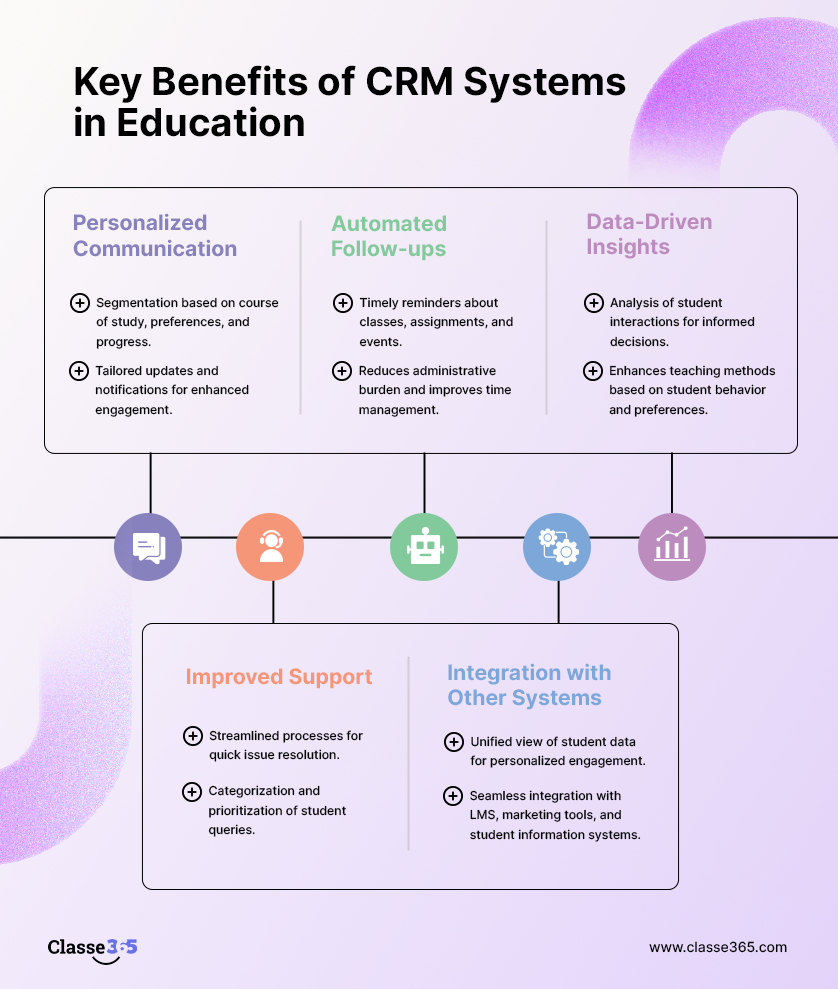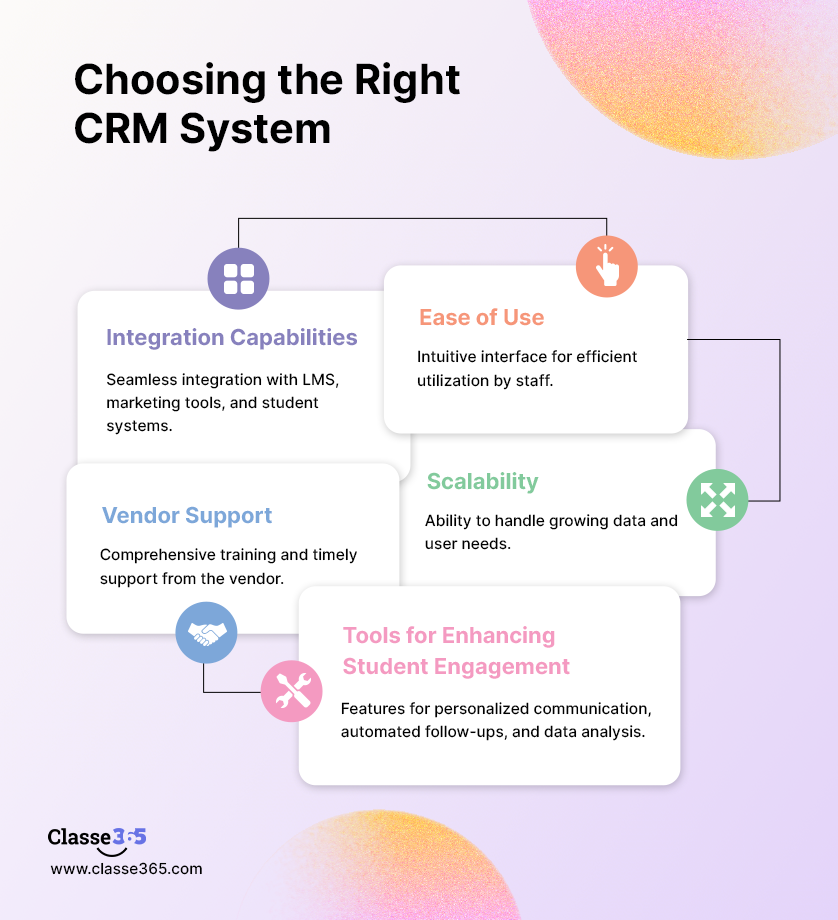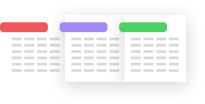The Education Technology (EdTech) sector is currently experiencing a significant transformation. This change is driven by the advent of digital learning platforms and the increasing adoption of technology in education. Amidst this transformation, one tool has emerged as a game-changer for educational institutions – Customer Relationship Management (CRM) software.
CRM in the context of EdTech is not just about managing customer relationships. It’s about managing and enhancing the entire student journey. From the moment a prospective student first interacts with your institution, through their learning journey, and even after they’ve completed their course, a CRM system can help you maintain a strong, consistent, and personalized relationship with each student.
Key Benefits of CRM Systems in Education

Personalized Communication: CRM systems allow for segmentation of the student base based on various criteria such as course of study, learning preferences, or progress. This enables more effective and engaging communication tailored to each student’s unique needs and preferences. For instance, a student studying science might receive updates about new lab equipment or science fairs, while a literature student might be informed about book clubs or writing workshops. This level of personalization can significantly enhance the student experience and engagement.
Automated Follow-ups: CRM systems can automate follow-up communications with students, ensuring they receive timely reminders about upcoming classes, assignments, or other important events. This not only helps keep students on track but also reduces the administrative burden on your staff. For example, automated reminders about assignment due dates can help students manage their time effectively and meet academic deadlines.
Data-Driven Insights: CRM systems collect a wealth of data about students’ interactions with your platform. Analyzing this data can provide valuable insights into students’ behavior and preferences, enabling data-driven decisions that enhance student engagement. For instance, analysis might reveal that students engage more with interactive content, leading to an increase in the creation and use of such content in teaching methods.
Improved Support: CRM systems can streamline support processes, ensuring that student queries and issues are resolved quickly and efficiently. For example, a CRM system could automatically categorize incoming student queries by topic and urgency, directing them to the appropriate staff member for resolution. This quick and efficient response can significantly enhance the student experience, leading to higher levels of engagement and satisfaction.
Integration with Other Systems: CRM systems can integrate with other tools and platforms used by your institution, such as Learning Management Systems (LMS), marketing automation tools, and student information systems. This integration creates a unified view of each student, allowing for more effective and personalized engagement. For example, integrating a CRM system with an LMS could allow for tracking a student’s academic progress and engagement in one place, providing a comprehensive overview of the student’s experience.
Choosing the Right CRM System for Your Educational Platform

Selecting a CRM system for your educational platform is a crucial decision that can significantly impact your institution’s efficiency and student engagement. Here are some key factors to consider:
Integration Capabilities: The CRM system should be able to seamlessly integrate with other tools and platforms used by your institution. This includes Learning Management Systems (LMS), marketing automation tools, and student information systems. A well-integrated CRM system allows for a unified view of each student, leading to more effective and personalized engagement.
Ease of Use: The CRM system should be user-friendly. It should have an intuitive interface that allows your staff to easily navigate and utilize its features. A system that is difficult to use can lead to inefficiencies and may not be fully utilized.
Scalability: As your institution grows, so too will your needs and the number of students you serve. The CRM system should be scalable to accommodate this growth. It should be able to handle an increasing amount of data and users without performance being affected.
Vendor Support: The level of support provided by the vendor is another important factor. The vendor should provide comprehensive training on how to use the system. They should also offer timely and effective support in case any issues arise.
Tools and Insights for Enhancing Student Engagement: The CRM system should provide you with the tools and insights needed to enhance student engagement. This includes features for personalized communication, automated follow-ups, and data analysis. These features allow you to understand your students better and tailor your interactions to their unique needs and preferences.
A CRM system can play a pivotal role in enhancing student engagement in the EdTech sector. By providing personalized communication, automated follow-ups, data-driven insights, improved support, and seamless integration with other systems, a CRM system can help you create a more engaging and satisfying learning experience for your students. Platforms in the EdTech sector, like Classe365, have successfully implemented CRM to enhance student engagement. Embrace the power of CRM and see the difference it can make in your institution.













